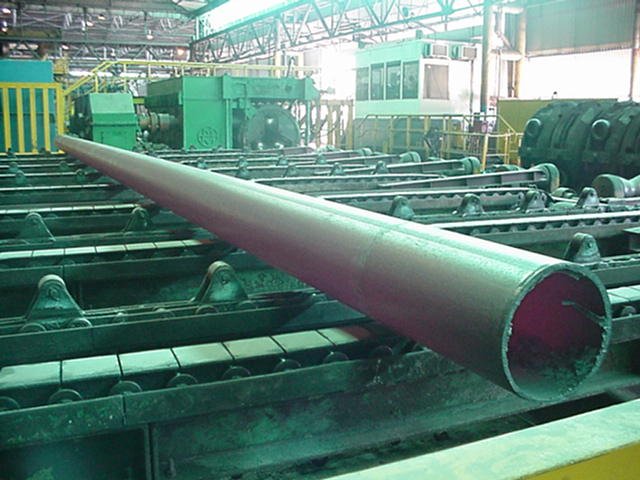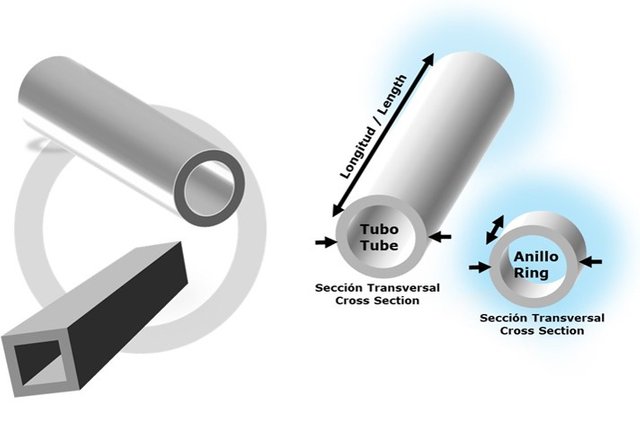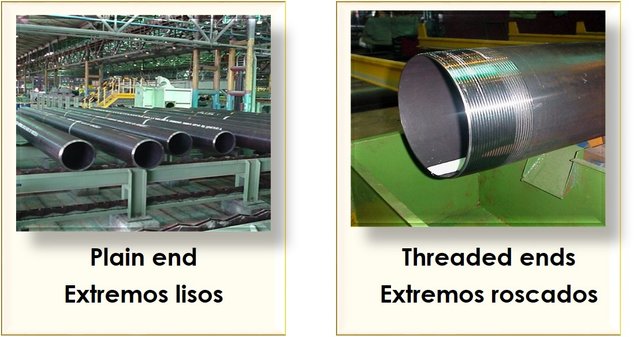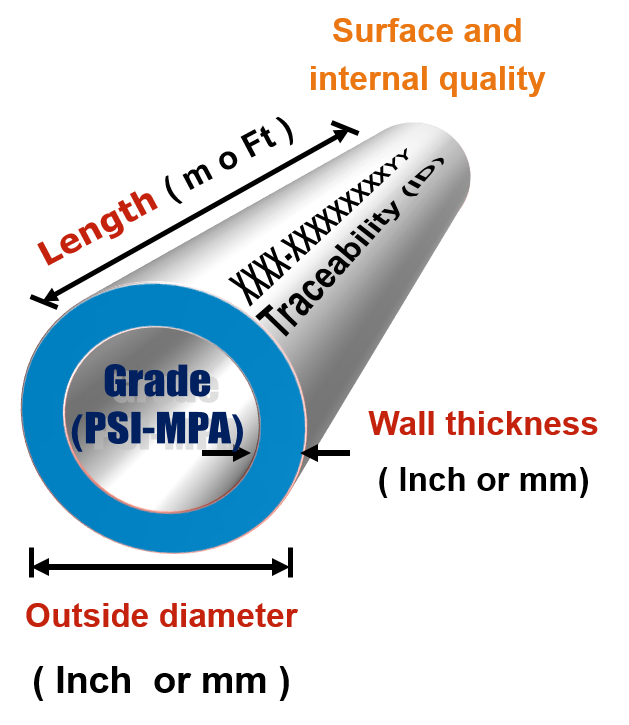If they ask us: What is a tube? Surely we will answer that it is a hollow cylinder, with uniform wall thickness.
However, there are other characteristics that should be considered when cataloging a product as tubular. One of them is the length / cross section ratio.

A pipe must have a length greater than its cross section. Otherwise it would be called Ring.

This cross section can be circular, square, rectangular, hexagonal, octagonal, or elliptical, depending on its final application.

The tubes have a wide range of applications, from transporting or driving substances that can flow, such as: liquids, gases, powders or small solids masses to structural applications, metalwork, the construction industry and many more.
These can be with plain or threaded ends.

Its mechanical and metallurgical properties are obtained from the combination of a design of chemical composition, thermal treatments and specific forming processes, which attribute to these products the required characteristics according to the specific application to which they are intended, considering the already established quality standards.
In the petroleum exploration and production industry, there is a wide range of tubular products with specific characteristics according to their application and conditions of use. The requirements to manufacture and guarantee compliance with the final utility of these products are specified in international standards such as:
- API American Petroleum Institute.
- ISO International Organization for Standardization
- ASTM American Society for Testing and Materials
- DIN Deutsches Institut für Normung (German Institute for Standardization)
- JIS Industrial Standard of Japan and
- DNV Det Norske Veritas
among other.

Usually international standards establish the requirements for compliance with certain attributes, such as:
Dimensional attributes:
Metallurgical attributes:
and other factors of consideration such as:

In the universe of oil exploration and production, tubular products are just a link to complete this process. However, without this link, the modern world of today would stop.
Do you want to know more about these products? Follow me ...
Source of texts and images of my authorship.